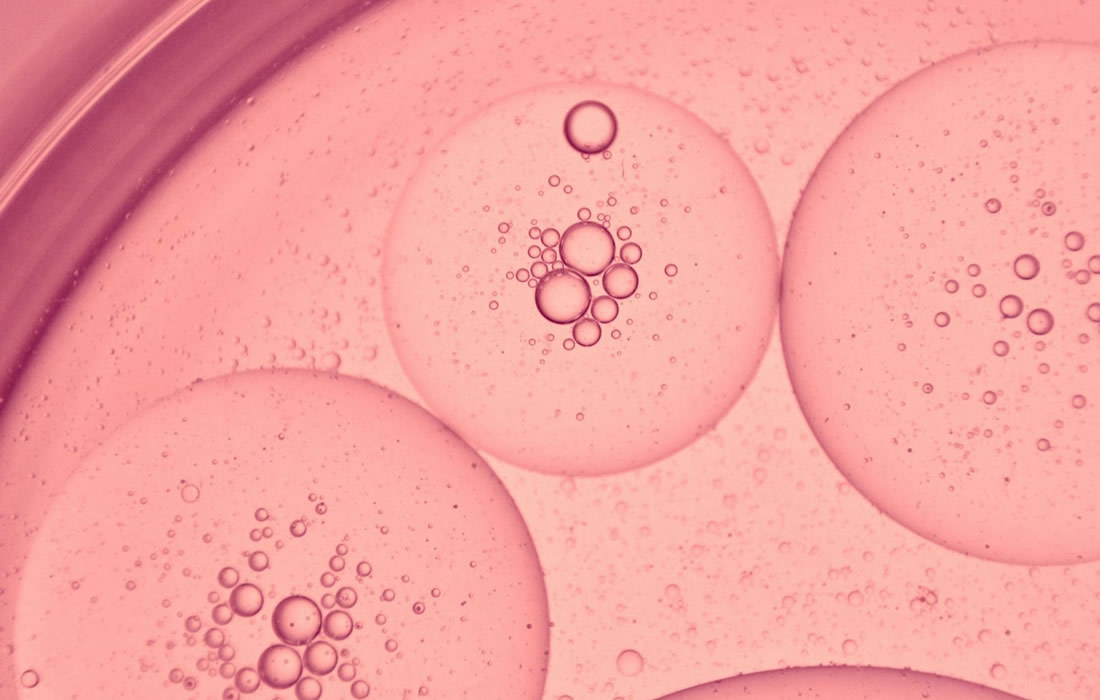Regenerative Medicine News and General Information
New Intervention Tools in Treating Infectious Diseases
The COVID-19 pandemic demonstrated the importance of being prepared with drug interventions to contain viral outbreaks that can otherwise have devastating consequences.
A team of researchers discovered that nano-sized particles released by cells, termed “extracellular vesicles” (EVs), can curb the viral infectivity of SARS-CoV-2 — its wild type and variant strains — and potentially other infectious diseases.
The study demonstrated potent inhibition of COVID-19 infection in laboratory models using a combination of EV-based inhibition and antisense RNA therapy mediated by antisense oligonucleotides (ASOs). A versatile tool that can be applied to any gene of interest, ASOs can recognise and bind to complementary regions of target RNA molecules and induce their inhibition and degradation.
In the study the authors utilized human red blood cell-derived EVs to deliver ASOs to key sites infected with SARS-CoV-2, resulting in efficient suppression of SARS-CoV-2 infection and replication.
The researchers also discovered that EVs exhibited distinct antiviral properties, capable of inhibiting phosphatidylserine (PS) receptor-mediated pathways of viral infection — a key pathway utilized by many viruses to facilitate viral infection.
These viral inhibitory mechanisms were applicable to multiple variants of SARS-CoV-2, including the Delta and Omicron strains, ensuring their broad effectiveness against SARS-CoV-2 infection.
The results from the study point to antisense RNA therapy with ASOs as a potentially effective approach that could serve to combat future viral outbreaks.
The platform that was developed to deliver ASOs through EVs to target the SARS-CoV-2 viral genes can be readily applied to treat other viral infections by replacing the ASO sequences with those complementary to the target viral genes.
Asst Prof Le and her graduate students Migara Jay and Gao Chang, the first authors of the study, are currently developing more potent combinations of ASOs with the help of artificial intelligence prediction models to achieve enhanced viral inhibition.
Associate Professor Justin Chu, Director of the BSL3 Core Facility at NUS Medicine, and co-author of the study, added, “This remarkable extracellular vesicle-based delivery platform technology coupled with anti-viral therapy is highly promising to combat a broad range of viruses and even Disease X.” The latter is a general description for emerging and unknown infectious threats, such as novel coronaviruses.
Sources:
Migara K. Jayasinghe, Chang Gao, Gracemary Yap, Brendon Zhi Jie Yeo, Luyen Tien Vu, Douglas Jie Wen Tay, Wen Xiu Loh, Zhen Qin Aw, Huixin Chen, Dai Cao Phung, Dong Van Hoang, Rebecca Carissa Prajogo, Lissa Hooi, Fang Qing Lim, Marco Pirisinu, Chee Keng Mok, Kah Wai Lim, Sze Jing Tang, Kai Sen Tan, Edward Kai-Hua Chow, Leilei Chen, Anh Tuan Phan, Justin Jang Hann Chu, Minh TN Le. Red Blood Cell-Derived Extracellular Vesicles Display Endogenous Antiviral Effects and Enhance the Efficacy of Antiviral Oligonucleotide Therapy. ACS Nano, 2023; 17 (21): 21639 DOI: 10.1021/acsnano.3c06803
National University of Singapore, Yong Loo Lin School of Medicine. “Nano-sized cell particles are promising intervention tool in treating infectious diseases.” ScienceDaily. ScienceDaily, 28 November 2023. <www.sciencedaily.com/releases/2023/11/231128132423.htm>.
Materials provided by National University of Singapore, Yong Loo Lin School of Medicine. Note: Content may be edited for style and length.
Images from:
Photo by Luu Thanh Truc
https://www.pexels.com/photo/microscopic-view-of-pink-bubbles-9085814/

